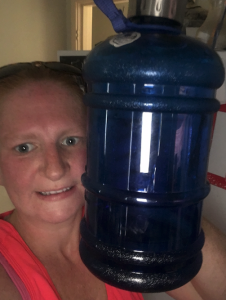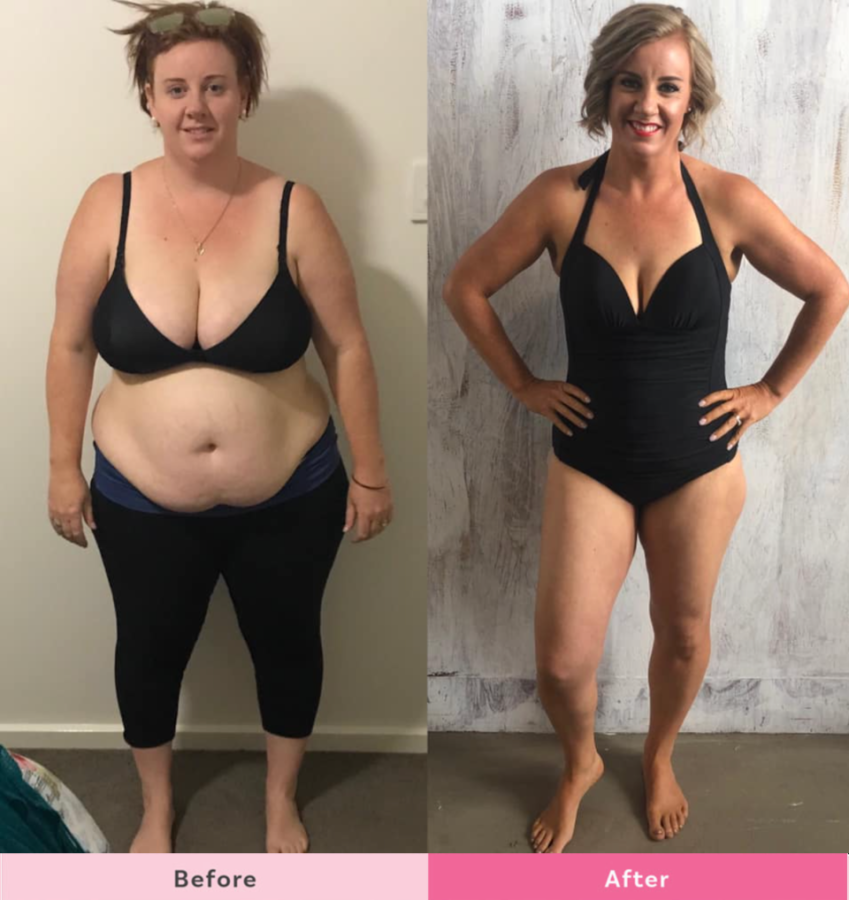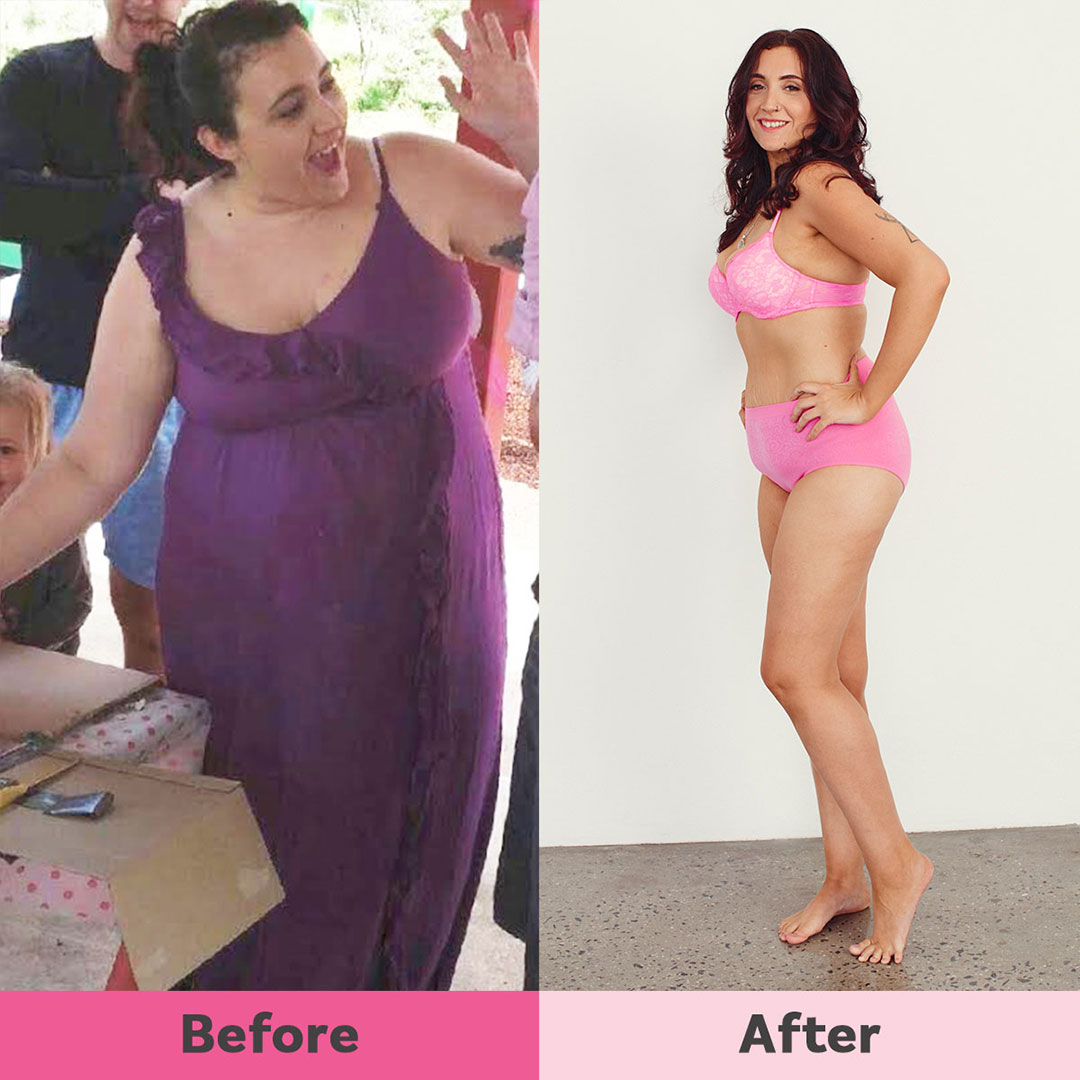9 things that can affect your weight loss
When you are trying to lose weight, there is nothing more disappointing or earth-shattering than stepping on the scales only to see that the number has not moved, or worse still – gone up!
Typically, the cause of weight gain is obvious and expected— such as a series of unfortunate events encompassing many an indulgent meal. But other times the events leading up to that weight gain aren’t as clear.
And if you are new to us – check out the 28 Day Challenge here
Many features of modern life promote weight gain and there are many factors that affect weight other than food. So, when you can’t pinpoint the cause, think about these nine factors.

9 factors that could affect your weight loss
1. Sleep

According to research, there is a correlation between sleep and weight gain.
Adrienne Youdim, M.D., F.A.C.P (Fellow of the American College of Physicians) and associate clinical professor of medicine says: “Sleep deprivation is associated with obesity and diabetes.
“In fact, studies show that as little as two days of sleep deprivation is enough to result in hormonal changes that promote weight gain.”
There are two major hormones that control your hunger. These are called gherlin and leptin.
Gherlin stimulates appetite and is released when your body is hungry and stimulates appetite.
Leptin has the opposite effect where it suppresses the appetite and tells your body you are not hungry and it also encourages your body to burn fat.
Check out Hannah’s results on the 28 Day Challenges
2. Stress

Many might not know that stress has a very sneaky way of affecting your weight.
When your stress levels are high, your cortisol levels (your stress hormone) increases. This, in turn, decreases your insulin sensitivity and increases your insulin levels and leads to a drop in blood sugar levels thus increasing your sugar cravings.
Basically, this means that your sugar cravings may not be entirely psychological, but rather your body telling you that you need sugar.
There are many ways in which to bring down your stress levels. This includes joining a yoga class, going for walks, exercise is also a great stress release as it stimulates your endorphins which are also known as the ‘happy hormones’.
3. Age

As you age, your muscles slowly begin to be replaced with fat and this decreases your metabolism, which allows the kilos to pile on.
Many don’t realise the change in their metabolism and continue to eat as they always have, leading to weight gain.
This becomes a vicious cycle, as fat cells increase and replace muscle cells, metabolism becomes even lower, increasing weight even more.
Also, as women hit menopause, they will find that their fat distribution builds up more around their abdomen.
These changes are all part of a natural cycle as you age and are no reason to worry. It is important, however, to be aware of these changes as you age and adjust your eating and exercise habits accordingly.
4. Hydration

Whilst you didn’t need another reason to drink plenty of water, this one tops the charts – ‘getting too little water can have an impact on your weight’.
When you aren’t getting enough water, you can sometimes confuse thirst signals for hunger signals and instead of drinking, you end up consuming more calories than you need, adding to weight gain.
In order not to confuse yourself, check in with yourself and stay hydrated throughout the day by drinking at least eight cups of water per day.
The other reason for drinking plenty of water is that it can lead to weight loss as it can aid in the process of fat breakdown.
This supports weight loss. If you consistently drink lots of fluids like water and herbal teas, you can find yourself having an easier time losing weight.
Check out Melanie’s results on the 28 Day Challenges
5. Genes

The verdict is out – a large portion of how and where we gain weight comes down to genetics.
Everyone knows that person who can eat ice cream, cake, chocolate or whatever else they want and still not gain weight. At the other extreme are those people who seem to gain weight just by looking at food.
To date, studies have overwhelmingly focused on people who are overweight. Hundreds of genes have been found that have been shown to increase the chance of a person being overweight and in some people, faulty genes can cause severe obesity from a young age.
Whether or not you are genetically bound to a certain body size and weight, it is important to be the healthiest version of yourself by fighting the odds with exercise and healthy eating.
6. Medications

Medications that can potentially cause weight gain can be a tricky subject, especially if everyone reacts differently to them.
Some medications will cause a side effect of weight gain, carb cravings or water retention and bloating. It is important to consult with your doctor if you notice any of these side effects.
7. Medical Conditions
Like medications, certain conditions and illnesses, ranging from the common cold to serious diseases, can have an impact on your weight. It is paramount during these times to maintain a healthy diet so that your body is able to heal.
There are certain foods that you can eat that actually support the healing process. Foods such as fruits, especially berries, and vegetables are eminent to the healing process.
Other times, illnesses such as thyroid issues (under active thyroid) and endometriosis can cause weight gain.
8. Childhood habits

Childhood habits often stick with people for the rest of their lives. Children who drink sugary soft drinks and eat high-calorie, processed foods often develop a taste for these products and continue eating them as adults, which tends to promote weight gain.
Also, children who tend to watch television and play video games instead of being active may be programming themselves for a sedentary future.
Parents have an important role to play in promoting healthy eating to their children. You can do many things to help children develop healthy eating habits, and being a good role model is where it begins.
9. Energy input and output
One of the factors influencing weight loss or weight gain is energy input verse energy output, in other words, energy balance.
Energy balance is the relationship between energy in (when calories are taken into the body through food and drink) and energy out (calories being used in the body for daily energy requirements).
In order to maintain a healthy body weight, you need to aim for your energy intake to equal your energy output. The amount of energy input you require each day depends on how active you are.
Why drinking water with lemon can help with weight loss
Why a plant based diet could help with long term weight loss
Accelerate your weight loss with the 28 Day Weight Loss Challenge!

Regain your body confidence with The Healthy Mummy’s 28 Day Weight Loss Challenge.
Our Challenge is designed by mums FOR MUMS – to help them reach their goal weight and tackle their health and fitness.
The Challenge is home to customisable meal plans, 24/7 social support and realistic exercises mums can do AT HOME.
To find out more on the 28 Day Weight Loss Challenge click here.












